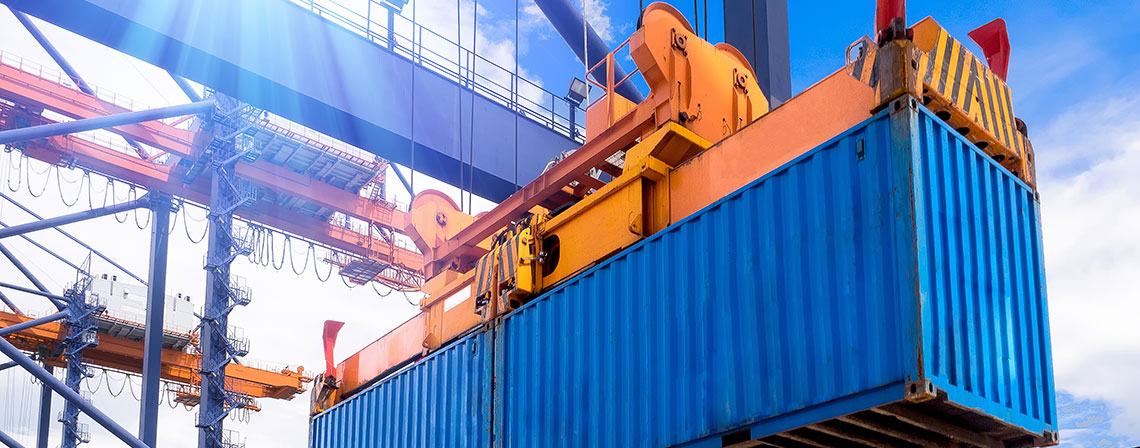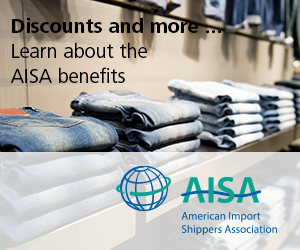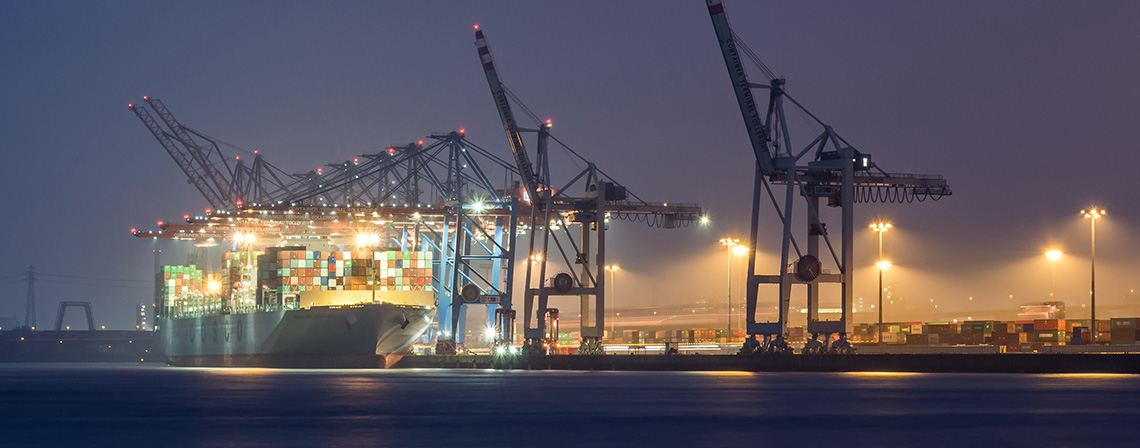A terminal is considered fully automated when automated stacking cranes and straddle carriers are used to move containers to and from the vessel and container stacking areas.
In semi-automated terminals diesel powered yard tractors are driven by longshoremen to do that job.
Heated debates over automation at U.S. marine terminals have been going on for some time but are now coming to a head as container volumes increase and terminal operators must increase productivity on their existing terminal footprints.
An expert in automated terminal systems, in a recent submission to the U.S. Maritime Administration, stated it is a mistake for terminal operators and port authorities to appease longshore labor unions by introducing automation only gradually – and that there is a lack of understanding among politicians (who focus mostly on the loss of longshore jobs) on the overall benefits of automatization. This is well said of course – but as matters stand, unions have considerable political cloud, and have slowed down productivity, or gone on coast-wide strikes to enforce their positions/demands, no matter what the consequences may be to the national economy. So, until and unless new contracts between marine terminals and unions allow fully automated terminals, the two sides will have to slug out the introduction of automation – terminal by terminal.
At U.S. East Coast and Gulf ports the contract between terminal operators and the International Longshoremen’s Association (ILA) allows for the development of semi-automated terminals, but prevents terminal operations to become fully automated.
At West Coast ports, especially in Long Beach and Los Angeles terminal operators are running out of acreage fast to keep up with increased container volume, and will have to come to agreements on automation with the longshoremen’s union (ILWU) – terminal by terminal. Successful negotiations of these issued turn on the terminal operators’ agreement to offer programs to train ILWU members to become qualified to do maintenance and repairs on electric, and zero-emission, battery-powered cargo handling equipment.





